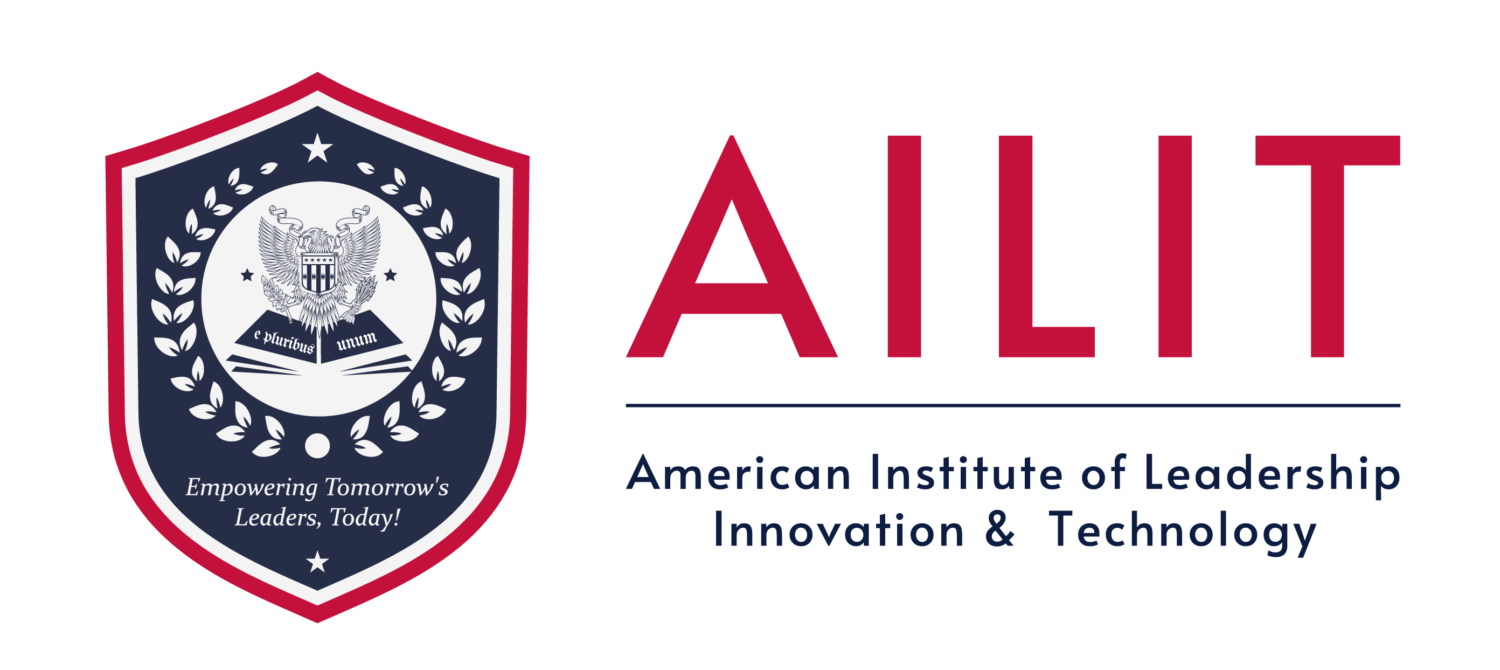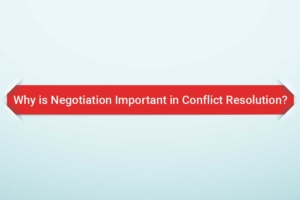Since conflicts and disputes are a natural part of our daily professional and personal lives, becoming a conflict resolution specialist can be a great idea.
Especially when you consider relatively low entry barriers for this career – the occupation usually doesn’t require a national license, it is widely sought after in multiple sectors, and the typical educational background required is an undergraduate degree.
On top of it, conflict resolution careers are established enough to be listed on the BLS Occupational Handbook, which reports a steady job outlook. From 2020 to 2030, the employment of arbitrators, mediators, and conciliators is projected to grow 10%.
So, if these prospects sound exciting to you, stick with us while we explore how exactly one becomes a conflict resolution specialist. Let’s dive in.
Job Description: Who is a Conflict Resolution Specialist?
Before we outline the main steps in launching this career line, we need to understand what a conflict resolution specialist does.
As an occupation, conflict resolution is a broad field that includes several sub-specializations, including mediators, arbitrators, ombudsmen, conciliators, contract negotiators, and fact finders.
No matter the specific title a conflict resolution specialist bears, the essence of the job remains the same. These experts help two or more parties reach a resolution outside of court. The main goal is to get a consensus without resorting to litigation.
To do so, conflict resolution specialists are expected to perform multiple tasks. Typically, their working day consists of:
- Meeting with conflicting parties
- Investigating the conflict
- Clarifying parties’ issues, concerns, needs, and interests
- Counseling and negotiating
- Prepare settlement agreements
- Apply relevant laws, regulations, and policies
And – as you may assume – these tasks are not stress-free. Regardless of the dispute’s specs, finding a way out of it is rarely easy. That’s why conflict resolution specialists need to have a unique set of skills if they want to be good at their job. Some of the most important are:
- Active listening
- Patience
- Empathy
- Impartiality
- Attention to detail
- Effective communication
- Creativity
- Reading and writing
- Decision making
Main Steps in Becoming a Conflict Resolution Specialist
Like in most career lines, many paths can lead you to achieve the desired expertise. Conflict resolution specialists who emerge from different backgrounds often have various qualifications and varied working experience. However, some qualifying milestones are considered an excellent way to start a conflict resolution career.
#1 Area of Expertise
As we’ve noted already, there are many specific occupations in conflict resolution. But the diversity doesn’t end there. In addition to various types of expertise, you can choose between multiple areas of expertise, such as family law, intellectual property, health care, financial services, media, education, etc.
The best way to launch your career is to identify your narrow area of expertise precisely. That way, you can effectively build your qualifications and adjust them to corresponding job descriptions. You can do that by carefully researching the industry, talking to accomplished experts, and offering to volunteer.
Of course, this is just one way of starting. If you’re still unsure about the narrow expertise field, you can always choose later on.
#2 Education
Most conflict resolution specialists hold bachelor’s or master’s degrees and have a deep insight into the industry they are operating in. Having said that, there are no specific majors that are universally accepted as the best qualification. For example, some experts need to have a law degree, while others must have well-rounded knowledge in finance, construction, health care, etc.
Generally speaking, undergraduate degrees in business, public administration, social science, or judicial administration tend to provide the best introduction into the field of conflict resolution.
And even though no national license is usually required, many states oblige candidates to possess industry-specific certifications. For example, courts may require applicants to be licensed attorneys or certified public accountants or complete additional training hours in a specialty area.
In other words, we’re back where we started: it all depends on your desired area of expertise.
Jump to:
#3 Training
Most conflict resolution specialists have to complete some form of compulsory training, especially if they wish to practice in state or court-funded mediation programs.
Training opportunities are available through independent mediation programs, mediation membership organizations, and postsecondary schools. Other options include volunteering at a community mediation center or co-mediating cases with an experienced mediator (mentorship training).
Of course, the best advice is to check what are specific obligatory training requirements for your selected area of expertise and start completing them as soon as possible.
#4 Joining Organizations
Education and training can only get you to a certain point, like in any other career. To stay current with the industry trends, be familiar with conflict coaching certifications, and build a meaningful network of professional contacts – you should join an organization.
Many of these institutions are generators of global professional standards, as they create universal quality guidelines and gather top experts within the field of mediation.
Some of the US’s most prominent associations are the Association of Conflict Resolution of the American Arbitration Association and the International Mediation Institute.
Going through their resources and guidelines, or even contacting them directly, is an excellent way to take the first steps in becoming a conflict resolution specialist.
Is it Worth it?
If you’re meditating on a career in mediation, you should also note a few job market overview facts.
For one thing, calculating the worth of your potential career should be based on average salary ranges. According to the BLS, the median annual wage for arbitrators, mediators, and conciliators was $66,130 (data from May 2020) – with the top earners receiving paychecks over $131,210.
Also, the demand for resolution beyond litigation is likely going nowhere any time soon. The industry has rapidly established itself since the beginning of the century because it bears many benefits to individuals and the system as a whole. Essentially, all forms of conflict resolution outside of court effectively supplement legal systems because they reduce the cost, time, and other resources of solving disputes.
In other words, conflict resolution specialists are bound to be in demand in years to come.
AILIT’s Online Negotiation Certificate
Here at the American Institute of Leadership and Technology, we’ve created a 6-month certificate program that will take your negotiating skills to the next level.
Because true mediation starts with negotiation, we focussed on building a course that will equip you with finely tuned skills essential in today’s business world.
To learn more, download our brochure or contact us with any questions you may have.













